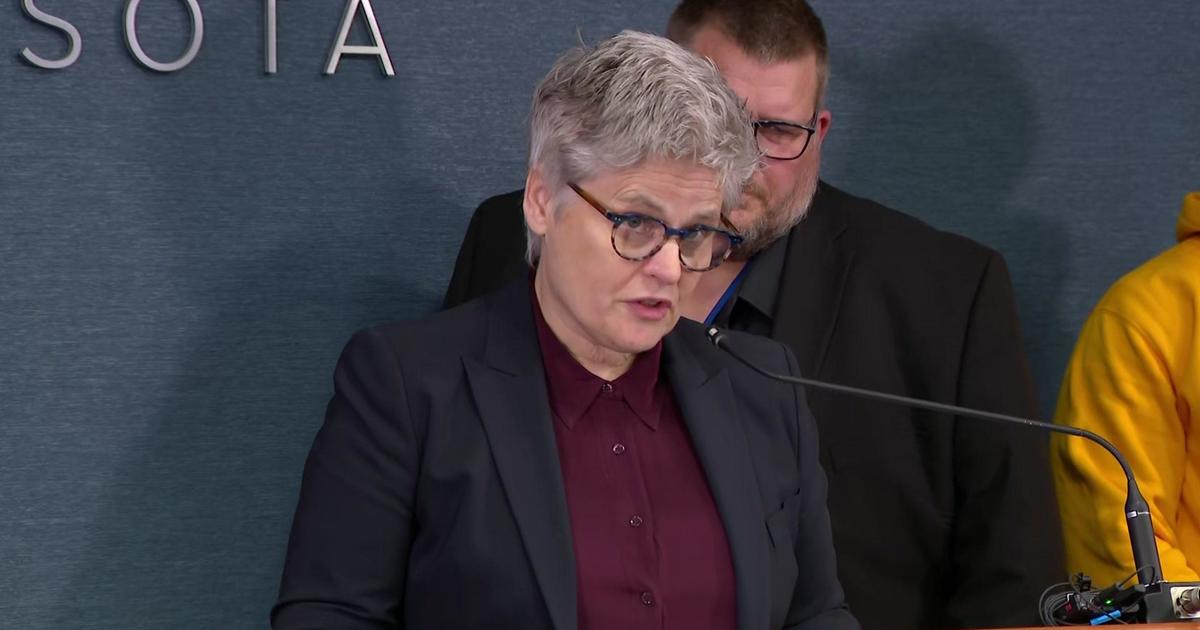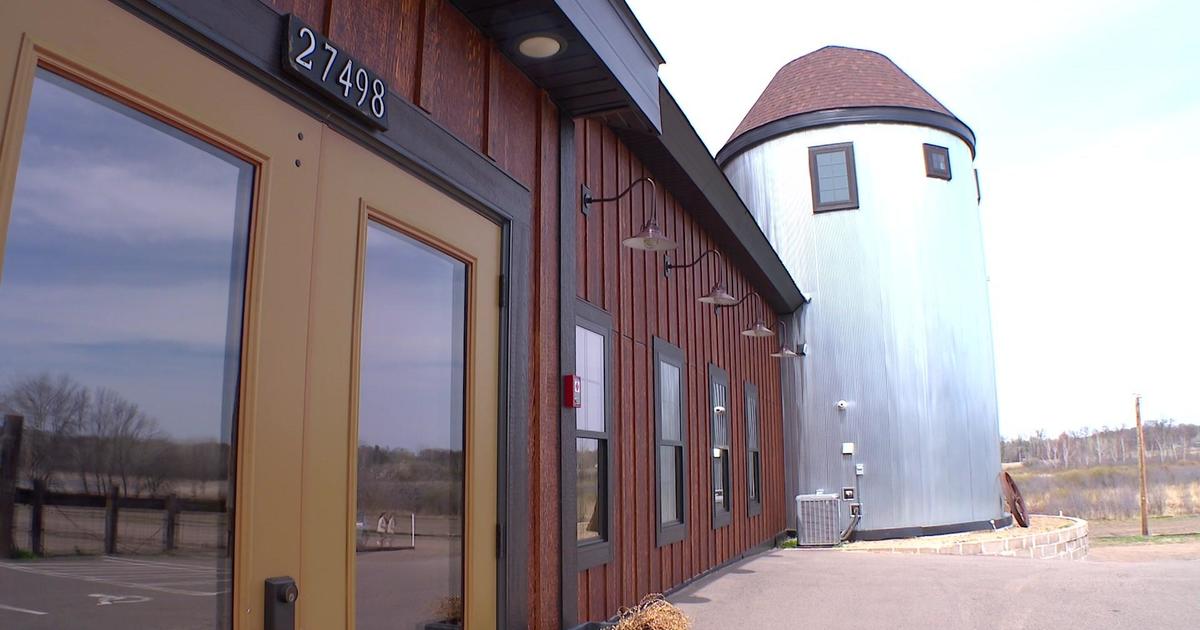Movie Blog: 'Blue Caprice' & A Culture Of Violence
It's not uncommon to hear, after a mass shooting or bombing in America, that the media gives too much attention to the killers -- that we flash their faces too often on TV newscasts or flavor newspaper headlines with the grisly details of their crimes. One might be reminded of such a critique while watching Blue Caprice, new a film by Alexandre Moors about the 2002 sniper shootings that terrorized Washington D.C. The film offers next to nothing about the victims the killers drop. Only for seconds do we see them, framed in the crosshairs.
If you ask the director about this, he'd tell you that his film isn't so much about the D.C. sniper shootings as it is about America's culture of violence. The story of the Beltway shooters -- John Allen Muhammad and Lee Boyd Malvo -- is one that, to Moors, illustrates how easy it is for people in this country to "embrace violence."
"I think," he told me, "that the only solution when people have problems or mental problems, or any kind of issue, is to resort to violence. There is no other form of dialect in the society. I can see it everyday in the newspaper. Just two days ago, this woman with a child was shot down by all these policemen just because she had panicked at a red light. Nobody thinks twice. Why don't they fire at the tires? Why do they have to shoot to kill?"
Remarkably, all the killing that takes place in Blue Caprice is anything but sensational. Moors describes the movie's tone as that of a "sad poem" or requiem only occasionally broken by the crack and vacuum of rifle fire. Style-wise, Blue Caprice is no thriller, and there's no cat-and-mouse game between cops and criminals. This is a twisted family drama featuring a father, a son and a blue 1990 Chevrolet Caprice.
The father, as recent history goes, is John Allen Muhammad (played excellently by Isaiah Washington). The son is Lee Boyd Malvo (Tequan Richmond). They meet in the Caribbean, where Muhammad is "vacationing" with his children after what seems to be a custody dispute with his wife. The family man finds Malvo, who's just basically lost his mother, on the beach, despondent, alone, suffering. Soon enough, Muhammad and Malvo are living in America (without Muhammad's other kids), shooting high-power rifles in the woods, going over Driving 101 in a construction zone and building a sniper's nest in back of a sedan. It all washes over you with a foggy mundanity, until Dad lays these ominous words on his son: "Do you love me? Then I need you to do something for me."
Here's what's good -- really, frighteningly good -- about the film. The reasons the killings take place aren't laid out. There's no plot-point trail showing what led the 17-year-old Malvo to pick off civilians in parking lots. These aren't crimes of passion. Money and fame are not sought, and no twisted religious teaching has poisoned their minds. Instead, the careful rampage is the product of Muhammad's bitter and yet vague indignation against a society he thinks has forsaken him. It's a feeling he's able to distill into his surrogate son, who becomes, in a way, a child soldier: the product of a loving father with a sick mind and access to considerable firepower.
But don't take this the wrong way. Blue Caprice isn't about gun control. Moors would be the first to say that his movie isn't a political tool. "It's not there to make people change their mind about gun policies," he said. That'd be too easy, if not straight boring. What we see here is Moors expertly walking a tightrope: his camera brings out the humanity in the killers without making us sympathize with them or become in any way complicit in their on-screen crimes. In an age when anti-heroes (Walter White, Breaking Bad) dominate pop media, Blue Caprice demonstrates that the imagination can also find substance in the horrific banality of crime without reveling in adrenaline, gory tidbits or potentially cheap dramatizations of recent tragedy.
And the title, one has to say, is just perfect. It both describes the car used in the killings, and the "sudden and unaccountable" change of mood that set off all the bloodshed and heartache. Perhaps we can compare Moors work to that of Truman Capote's In Cold Blood in that it gives us, as Moors says, an "empathetic approach, not for the murderers but for the society that we live in. There is such sadness in it."



